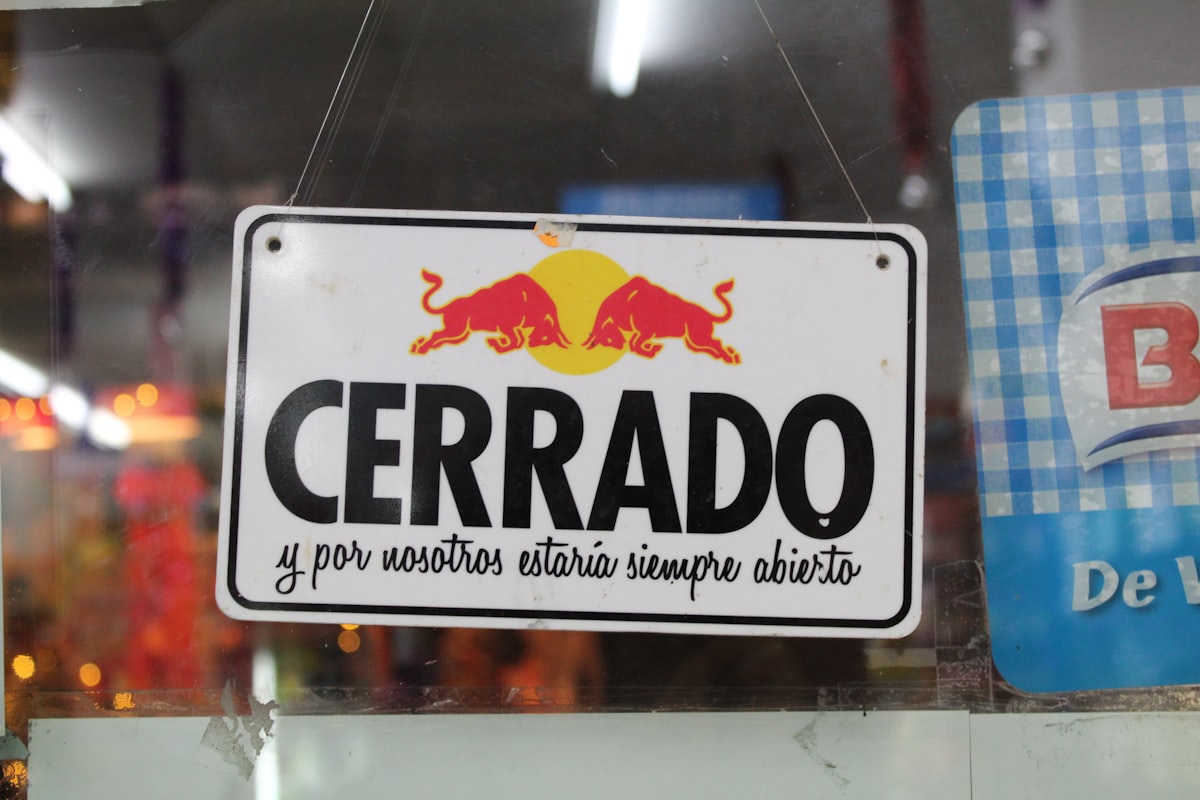In 2020, 127 stores closed in Mexico due to COVID-19
Firms such as Best Buy, Sanborns, Inditex, Liverpool, and Grupo Axo, lead the list; while Oxxo, Aurrerá, and Suburbia slowed their pace of expansion.

Last year, chains such as Best Buy, Grupo Inditex, Soriana, Grupo Sanborns, and Grupo Axo closed 127 branches in the country, affected by the coronavirus pandemic, which forced the temporary suspension of activities in shopping centers and departmental chains, when the epidemiological traffic light was red in some states.
In total, eight commercial chains such as those mentioned closed 127 branches in the country, including Best Buy's exit from Mexico that forced 41 units to disappear, to which were added 28 stores of brands such as Victoria's Secrets, Abercrombie & Fit, among others of Grupo Axo, in addition to 23 stores of brands such as Zara, Pull & Bear and Stradivarius that Grupo Inditex eliminated, as well as the 15 supermarkets that Soriana closed and the 11 units in which Sanborns 'lowered the curtain' permanently during the past year.
In the same case, Liverpool closed one store for good, as well as six boutiques that operated brands such as GAP, Banana Republic, among others, while Forever 21 and Sears each closed one branch. As a result, last year the eight retail chains reported a 4.8 percent drop in their expansion in Mexico when on average they had recorded a 16.4 percent growth in store openings over the last five years.
In 2020, sales of clothing and footwear fell 27 percent to comparable stores in the affiliates of the National Association of Supermarkets and Department Stores (ANTAD). Even the share of apparel and footwear in total ANTAD revenues fell 6 percentage points, from contributing 18.6 percent to 12.5 percent of sales between 2019 and 2020.
Last March Grupo Axo announced that it was abandoning the purchase of C&A Mexico, after a year of conversations, due to the effects of the pandemic. The operator of stores such as Promoda, Bath & Body Works, Nike, Rapsodia, among others, achieved that 30 percent of its revenues came from the digital channel, mainly due to the incorporation of the e-commerce platform Privalia and double and triple-digit growth of existing digital stores, as well as the opening of new digital stores. The same thing happened to Liverpool, which oriented its offer to the online channel.
Firms such as Oxxo, which traditionally had an aggressive expansion, last year were much more cautious with their branch openings, with growth in units of just 1.1 percent, compared to the 7.9 percent average increase in units that the convenience store chain had had in the last five years.
Last year, FEMSA's chain opened just 206 units, compared to the 1,090 it opened in 2019, before the pandemic. In the same way, Elektra only opened 22 branches last year and Aurrerá, Walmart's fastest-growing format, opened 53 new stores. For this year there will be an acceleration in openings, but not to the usual digits, this with the progress of vaccination and that administrative permits do not get stuck again in some cessation of activities.




